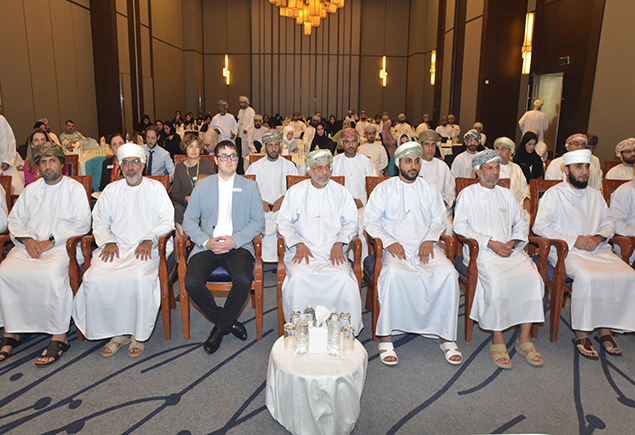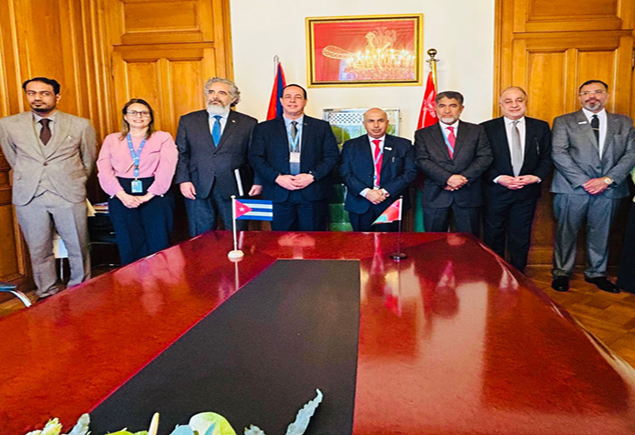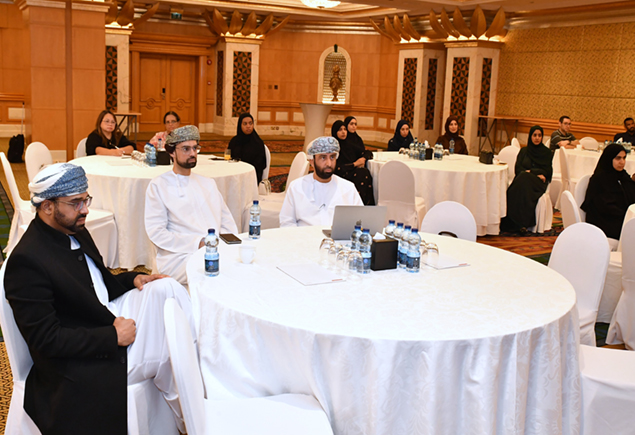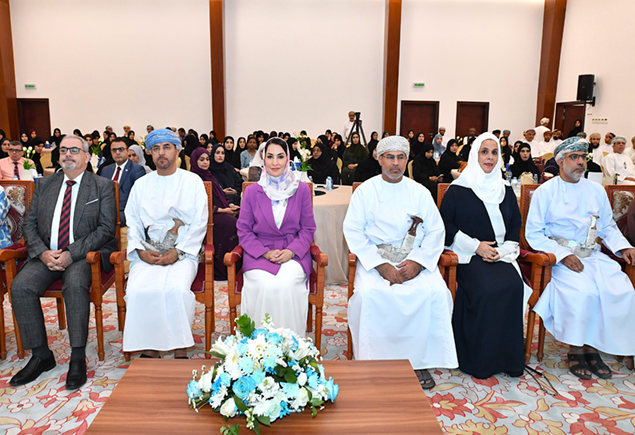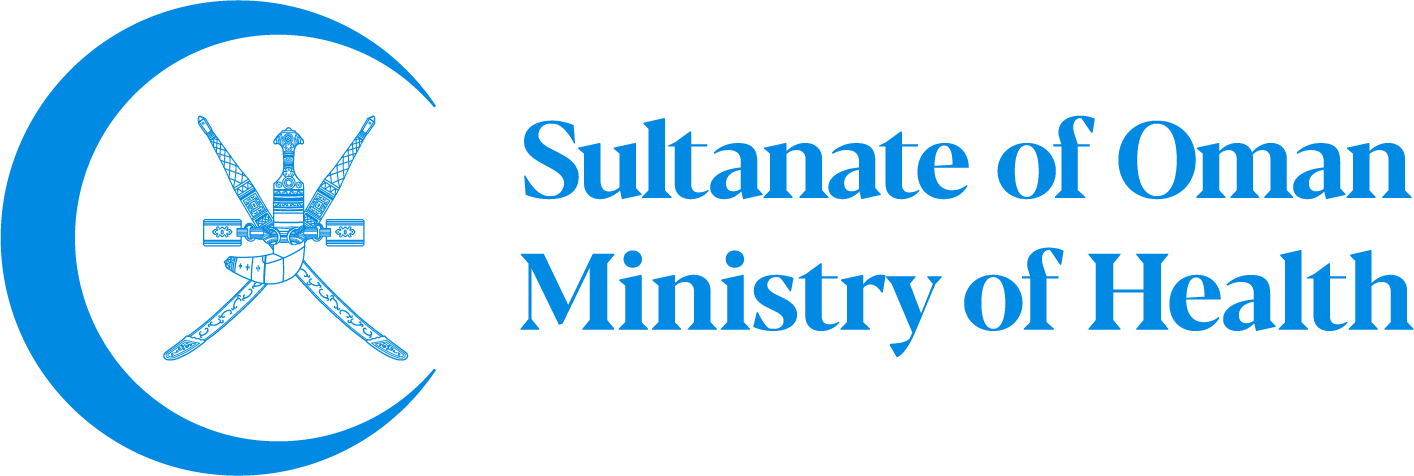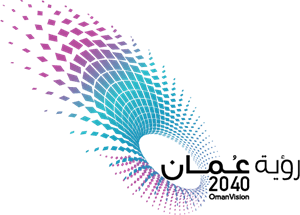The Ministry of Health represented by the National Program for Organ Transplant Department marked today (Thursday) the Omani Organ Donation Day in which fall on 19th December every year.
The event was held at the Hormuz Grand hotel under the auspices of H.E. Dr. Saeed Harib Al Lamki, Ministry of Health Undersecretary for Health Affairs, with the presence of number of officials from MoH and civilian and military medical institutions, along with number of medical personnel from various health sector in the Sultanate of Oman.
This celebration is part of the Ministry of Health’s ongoing efforts to develop organ donation and transplant services, and to educate the community about the importance of organ donation as well as registering in MOH “Shifa” app for posthumous organ donation.
The National Organ Transplant Program has made significant progress, with five families consenting to donate the organs of their brain-dead relatives after being approached by program staff who explained the importance of organ donation.
This effort resulted in 10 kidney transplants and two liver transplants, the highest number of posthumous organ donations in a single year since kidney transplantation began in Oman in 1988.
Dr. Ahmed Al-Busaidi, Director of the National Organ Transplant Program, highlighted the significant progress made by the Program during this year, as five families consented to donate the organs of their brain-dead relatives after being approached by program staff who explained the importance of organ donation. Consequently, transplant of ten kidneys and two livers were performed to patients suffering from organ failure and lacking living donors. Dr. Al-Busaidi proudly stated that this is the highest number of posthumous organ donations in a single year since kidney transplantation began in Oman in 1988.
Another medical milestone that was achieved this year was transferring, for the first time, two kidneys from brain-dead donors between two hospitals and transplanted to eligible patients, National Organ Transplant Program Director noted.
The corneal transplant program also saw an increase in the number of corneal transplants, with over 60 operations carried out, and expansion into other hospitals is underway, Dr. Al Busaidi added.
During the event, Dr. Brian Alvarez from the Spanish Donation & Transplantation Institute (DTI) Foundation presented a paper on the experiences of other countries in the field of organ donation and shared success stories of donors and patients who benefited from organ transplants. This added a humanitarian touch to the event, highlighting the positive impact of organ donation.
Furthermore, the event program included the official activation of the National Organ Transplant Program’s webpage on the e-health portal. In addition, “Ataa Card,” awarded to living organ donors in recognition of their tremendous humanitarian contribution, was introduced.
